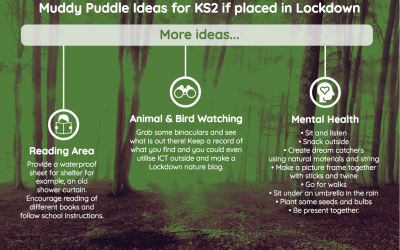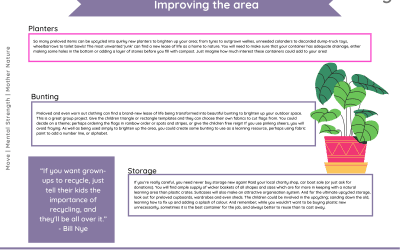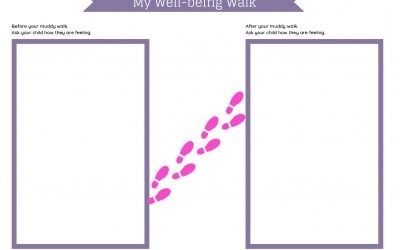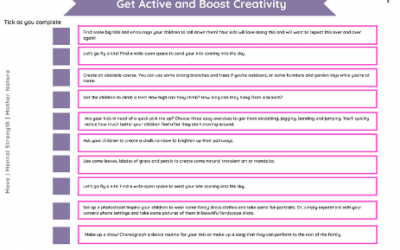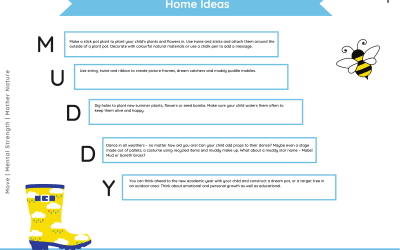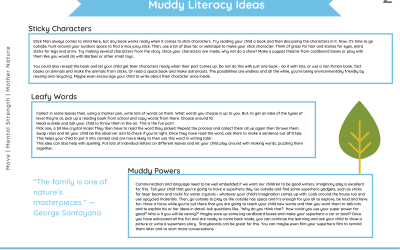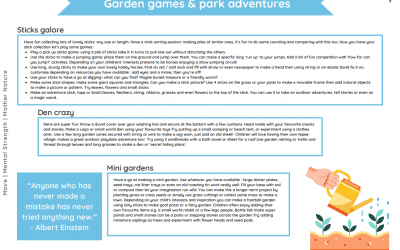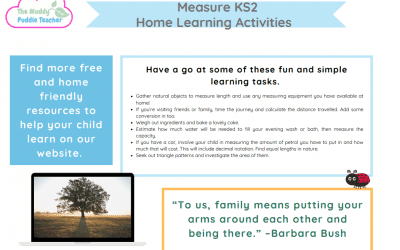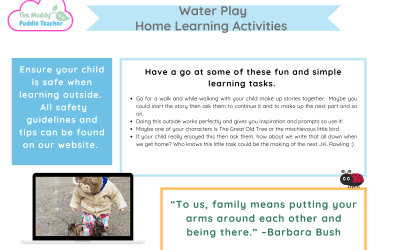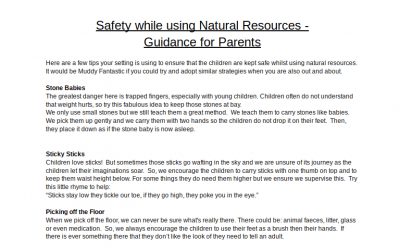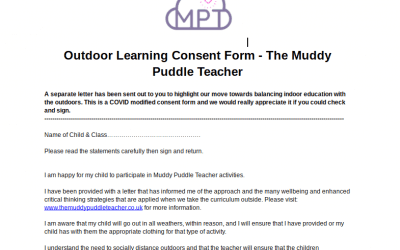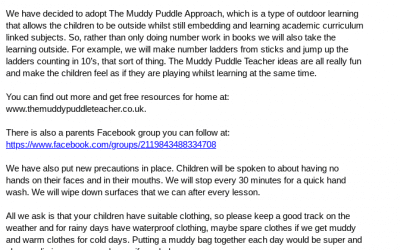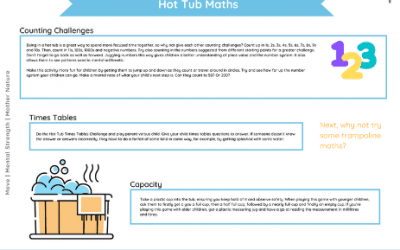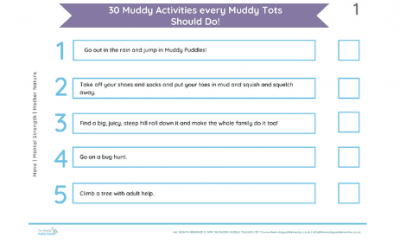Outdoor Learning at Home can often be somewhat a drain if the child has been at their desk all day. So why not...
Crafting with upcycled materials
Dec 2, 2020
Use Crafting with upcycled materials to appreciate the joys and creativity that can be gained from your junk. It is a...
Well-being Outdoor Walk Template
Oct 14, 2020
Use the Well-being Walk Template to hand to parents to do with their children so they can engage and reflect on the impact the outside can have on emotions.
50 School Holiday Wellbeing Ideas for KS1
Sep 30, 2020
Use 50 School Holiday Wellbeing Ideas for KS1 to help parents focus on feelings and happiness as they enjoy their break from school.
*FREE*Summer Holiday Ideas UKS2
Sep 27, 2020
Use Summer Holiday Ideas to hand out to parents and their children over the summer period, filled with lots of educational and wellbeing tasks to keep families active while bonding.
Isolation Packs for Early Years
Sep 21, 2020
Use this fabulous Isolation Packs for Early Years to help parents educate at home. Educating at home the muddy way means happy memories for all!
*FREE*School Holidays Ideas Pack Tots
Sep 20, 2020
Provide parents with a School Holidays Ideas Pack with a difference! This incredible resource will give parents ideas to encourage learning in a fun, engaging way.
One more than 20 – Under the Sea
Sep 18, 2020
Use this amazing eBook One more than 20 – Under the Sea to practice your number knowledge the muddy way!
Measurement Home Learning KS2
Sep 18, 2020
Let us help make measurement a little more exciting with these ideas to take it outside!
*FREE*Water and Bubble Play for Babies
Sep 17, 2020
Use this home learning pack to engage your baby with the joys of water and bubbles with these innovative ideas.
Outdoor Learning Parent Safety Information Sheet
Sep 4, 2020
Use our Outdoor Learning Parent Safety Information Sheet to help update your parents on safe, fun routines when out and about.
Outdoor Learning Parent Consent Form
Sep 4, 2020
Use our Parent Consent Form to inform and get permission from parents to use our much loved outdoor learning approach.
Letter to Parents – Welcome to MPT
Sep 2, 2020
Use Letter to parents - Welcome to MPT to inform parents of your move to a more muddy and merry curriculum. Our muddy...
*FREE* Learning – Maths Hot Tub Learning
Sep 2, 2020
Use learning Ideas for the Hot Tub and watch how fun learning can be done when done the Muddy Way. Ideal for parents at home.
30 KS1 Outdoor Activities
Jul 22, 2020
Use 30 Muddy Infants Activities to get your infant outside doing all the things kids should be doing and making memories.
30 Tots Outdoor Learning Activities (Home or Nursery pack)
Jul 17, 2020
Use 30 Muddy Tot Activities to tick off daily activities that will take you and your tots outside, making memories and learning.
Trampoline Learning
Jul 17, 2020
Bring a Stick to School Day School Pack.
Stick Projects Parent pack
Jul 2, 2020
A pack of lovely, muddy ideas to help parents use sticks to educate their child in fun ways.
New In
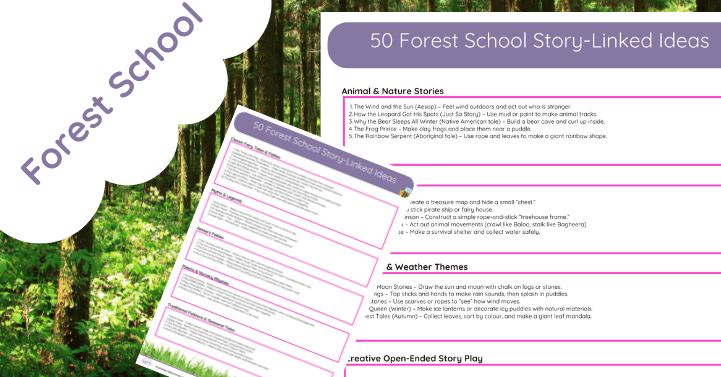
Forest School Story-Linked Lesson Ideas
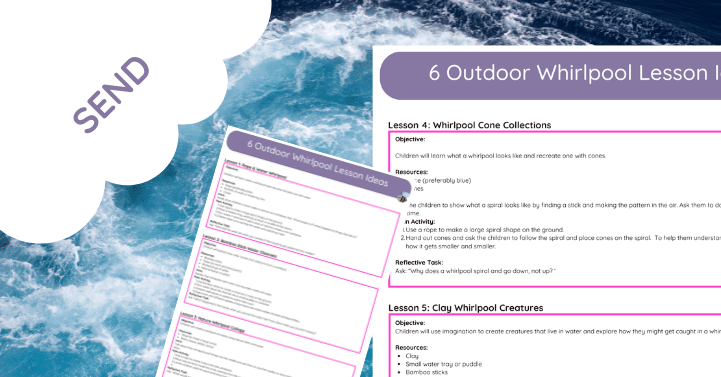
Whirlpool Lesson Ideas – SEND Pack
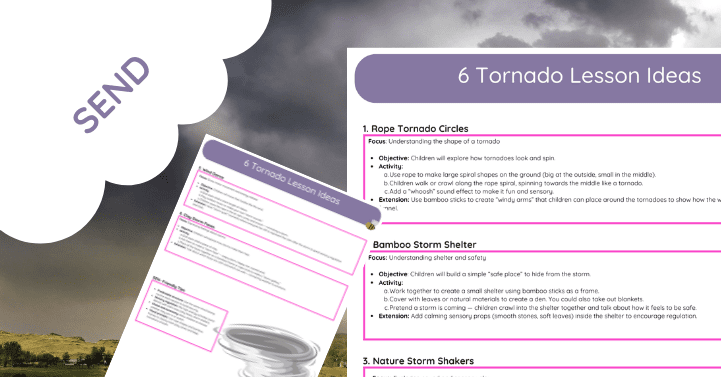
Tornado Lesson Pack for SEND
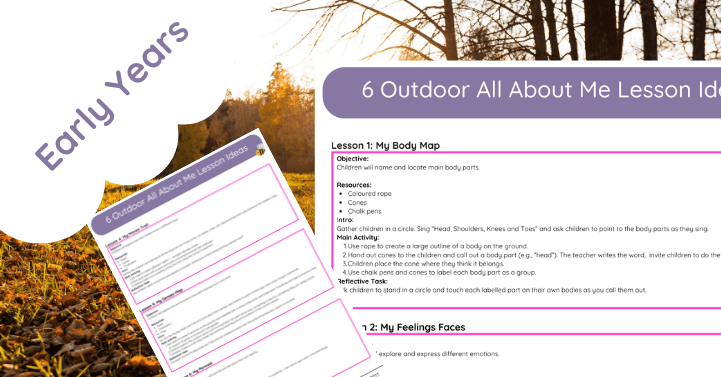
All About Me Lesson Ideas
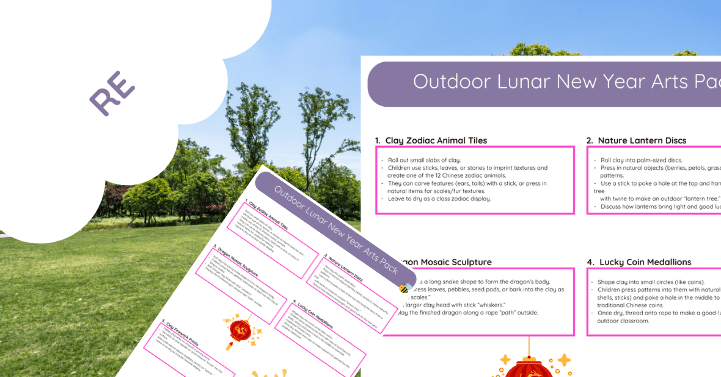
Lunar New Year Outdoor Arts Pack
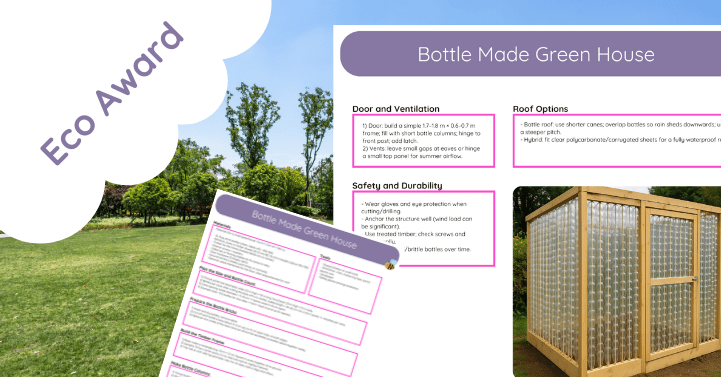
Bottle Greenhouse Instructions
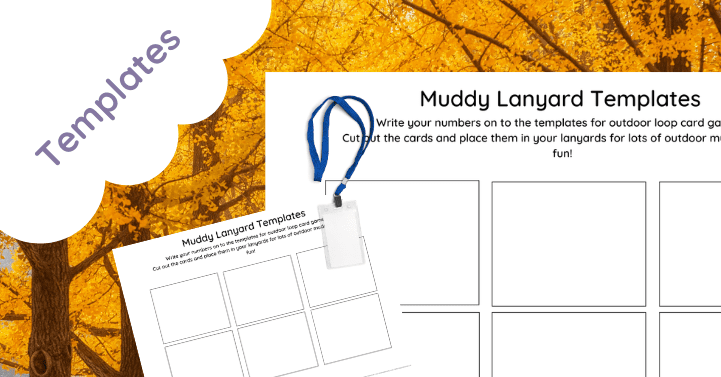
Blank Outdoor Lanyard Template
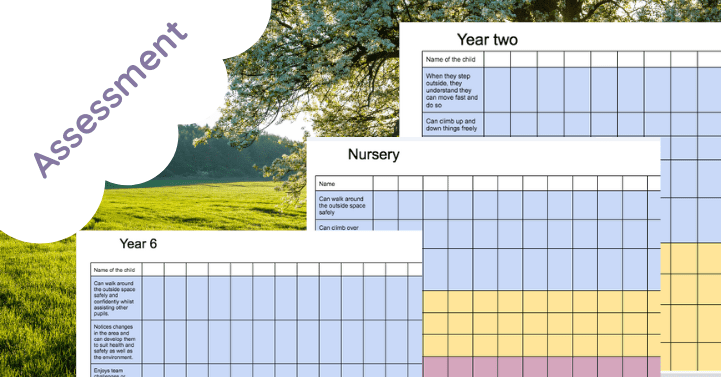
Outdoor Learning Assessment Grid

Nelson Mandela KS1 (Outdoor Lesson Ideas)



